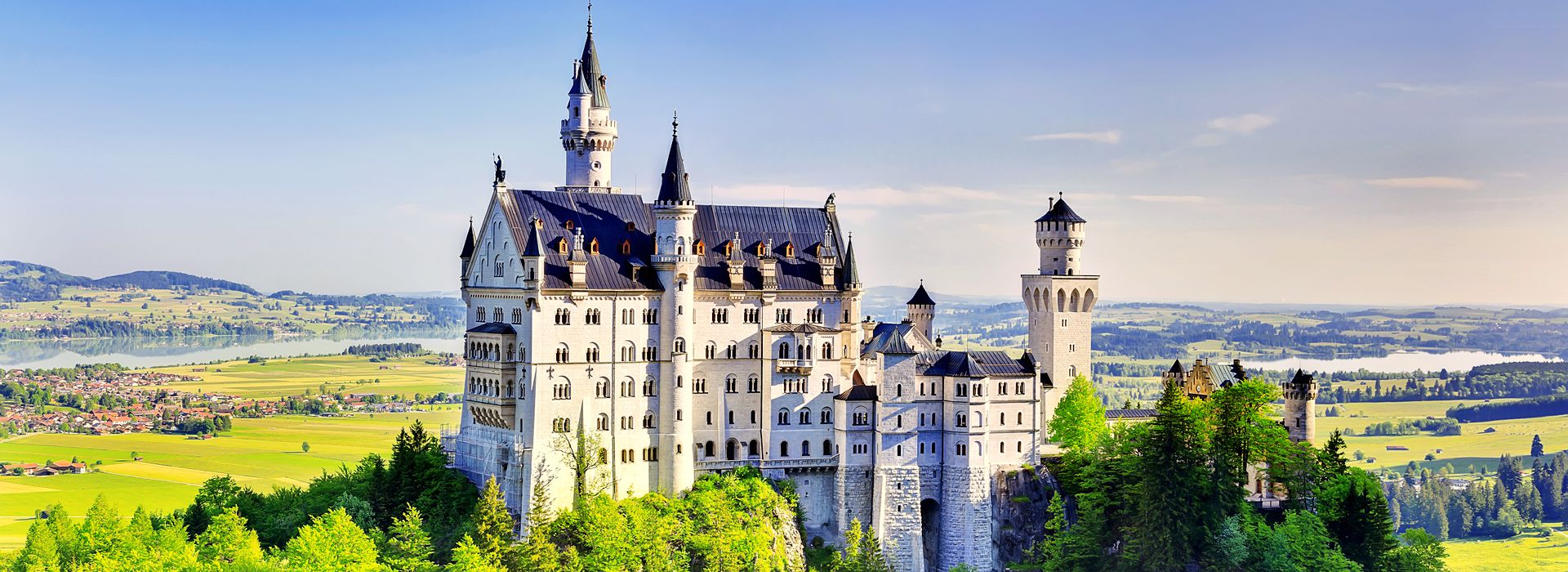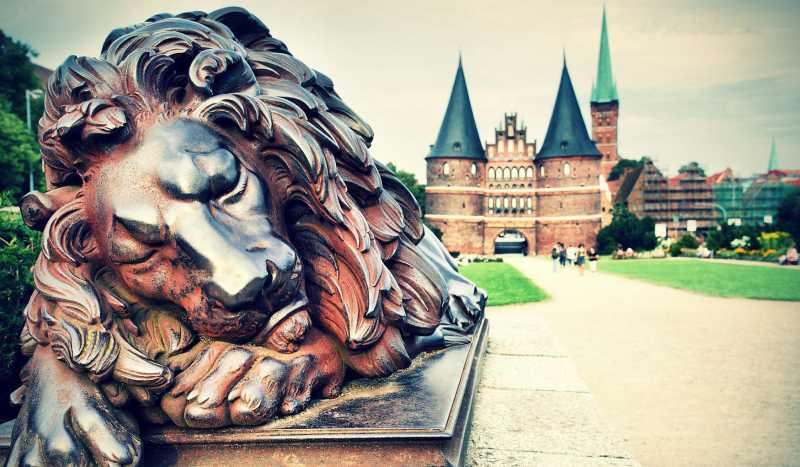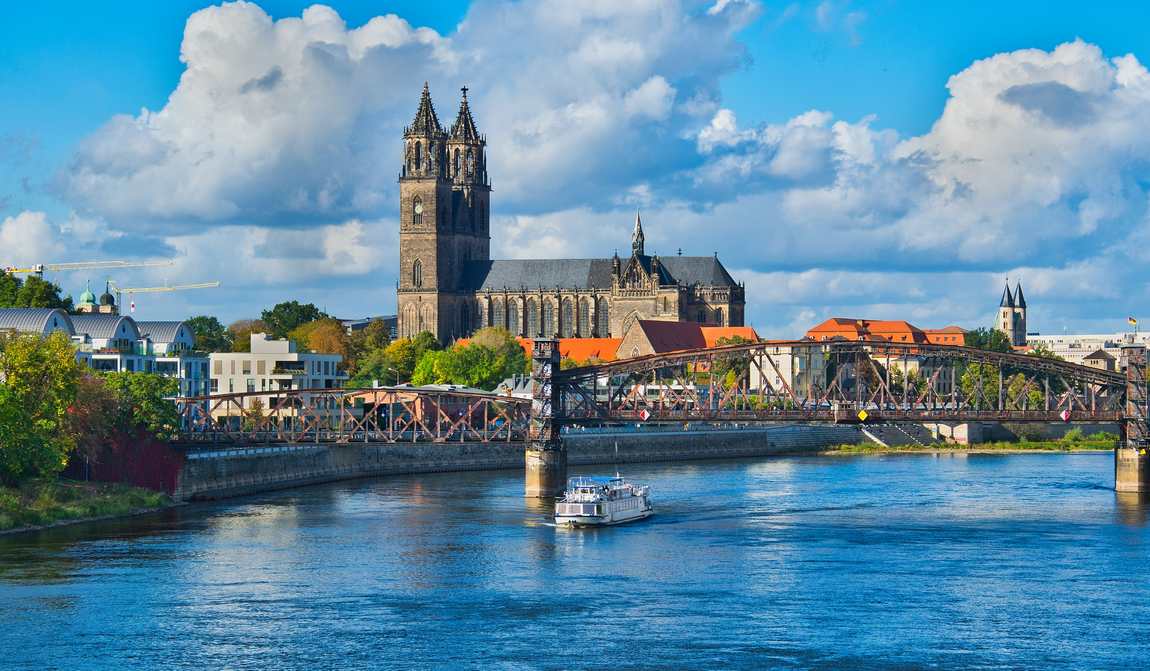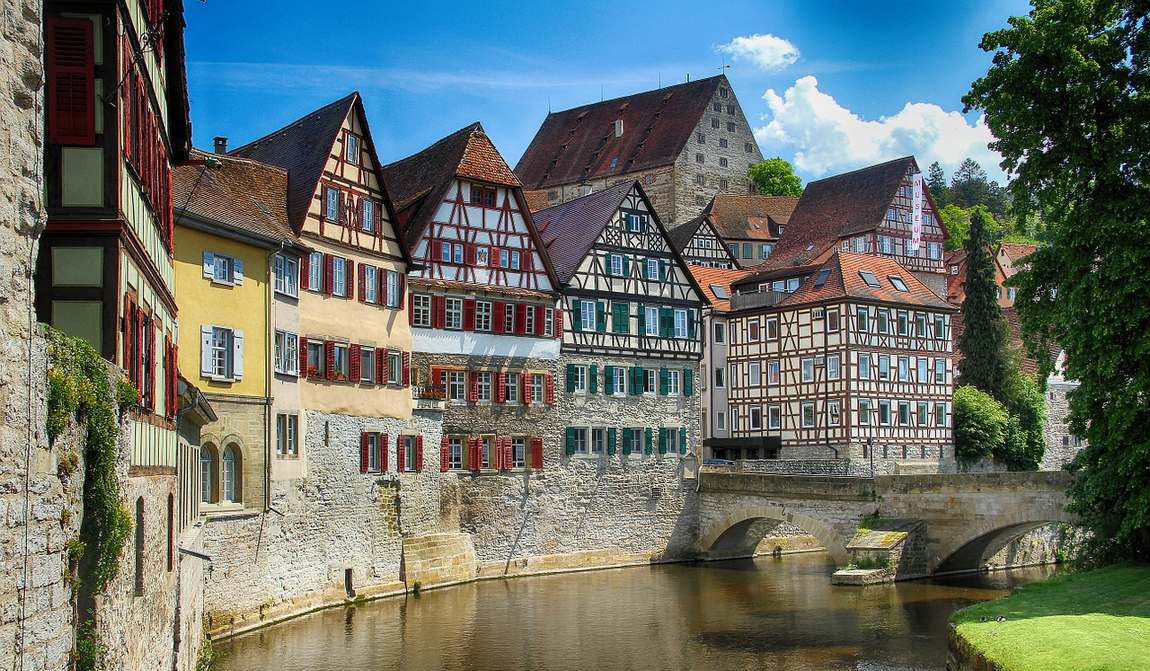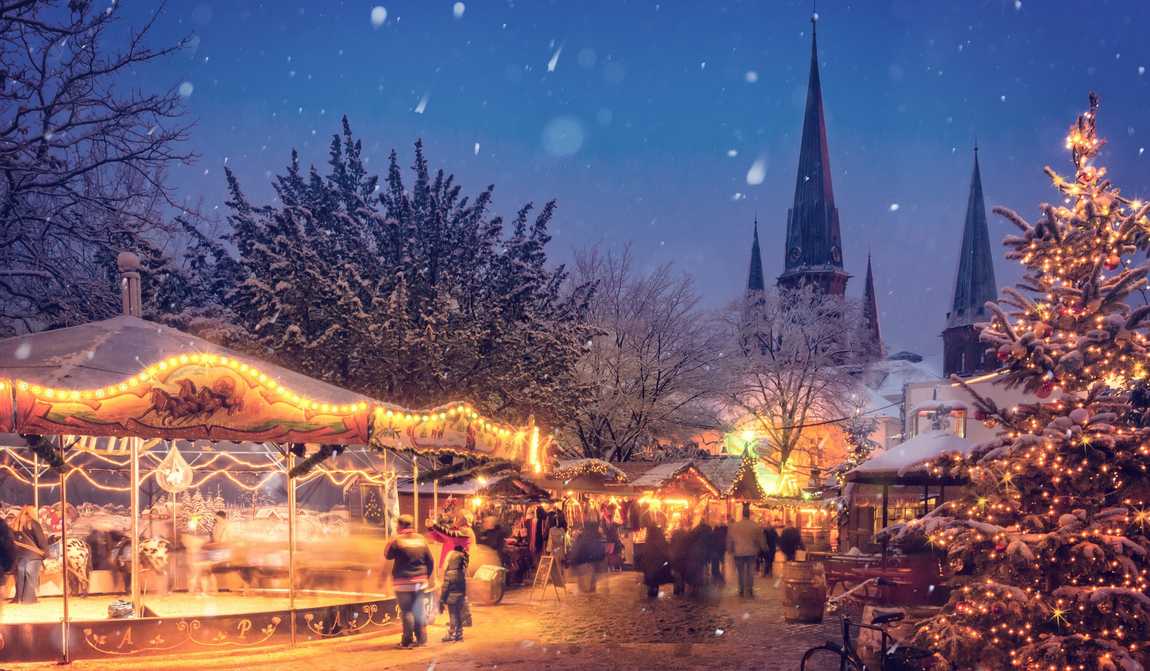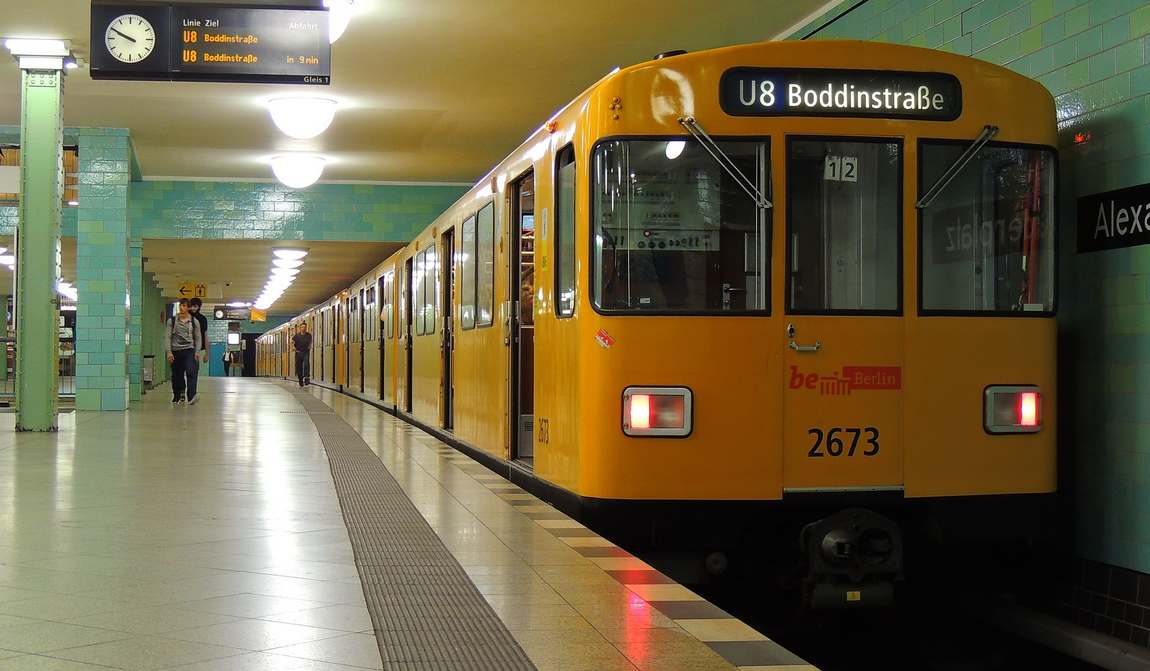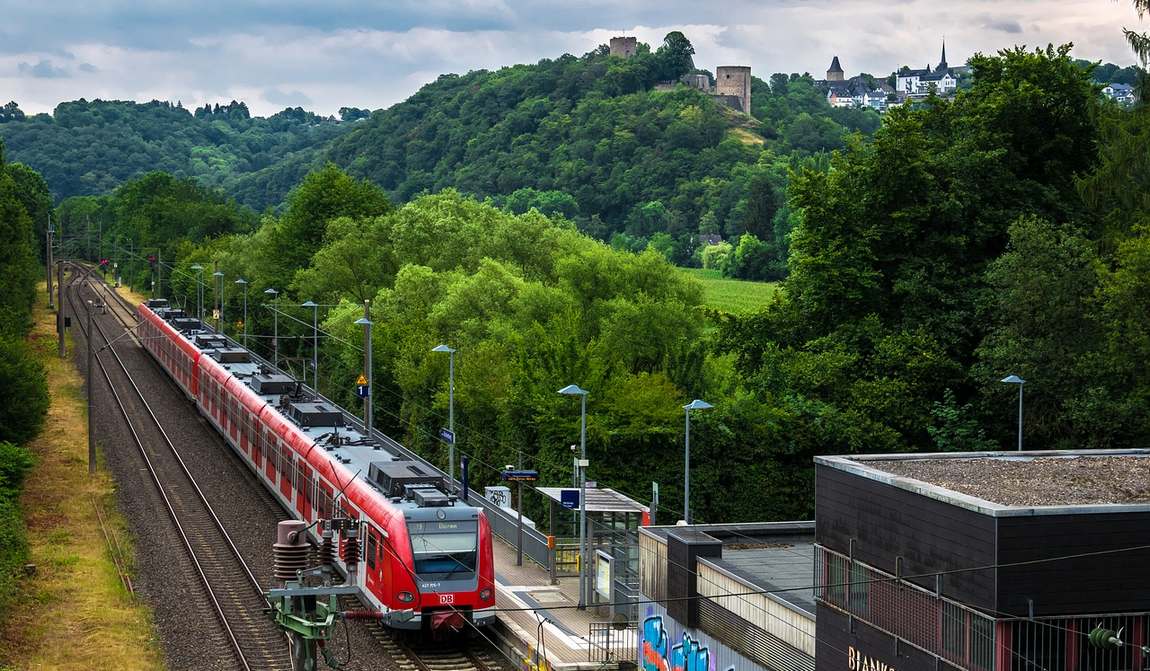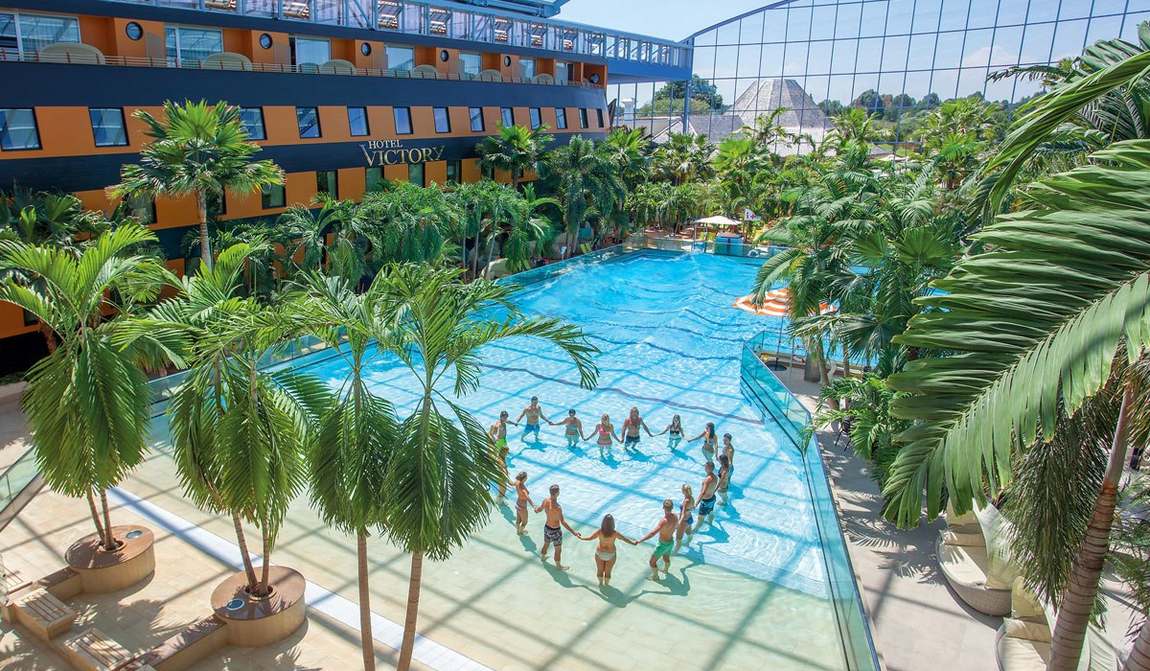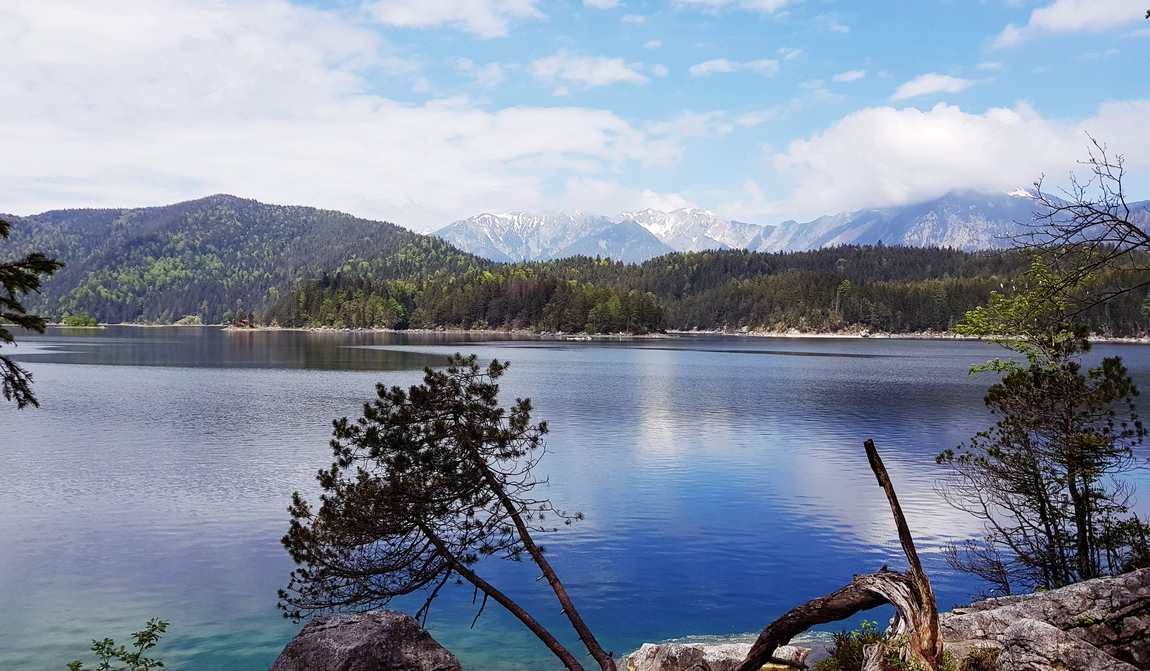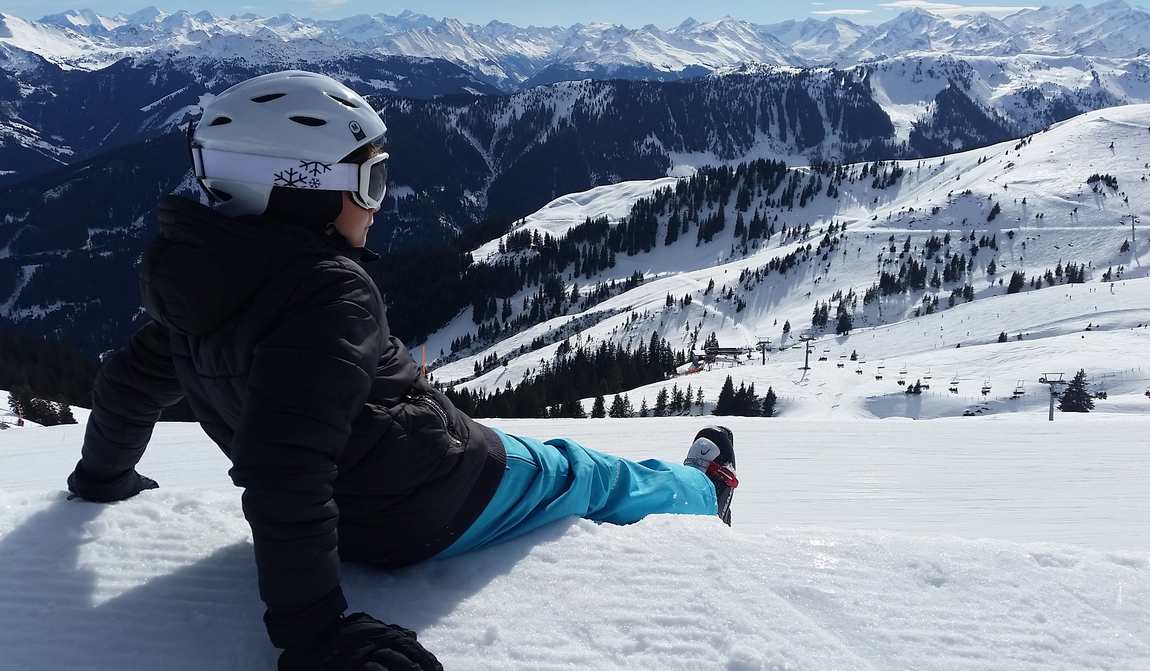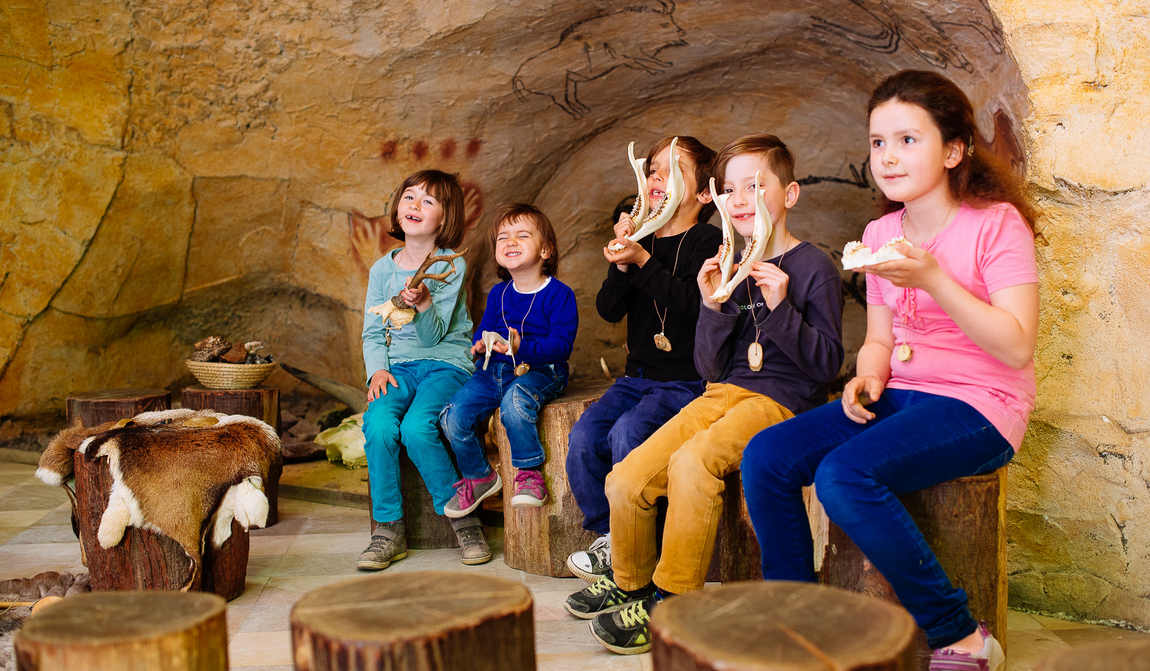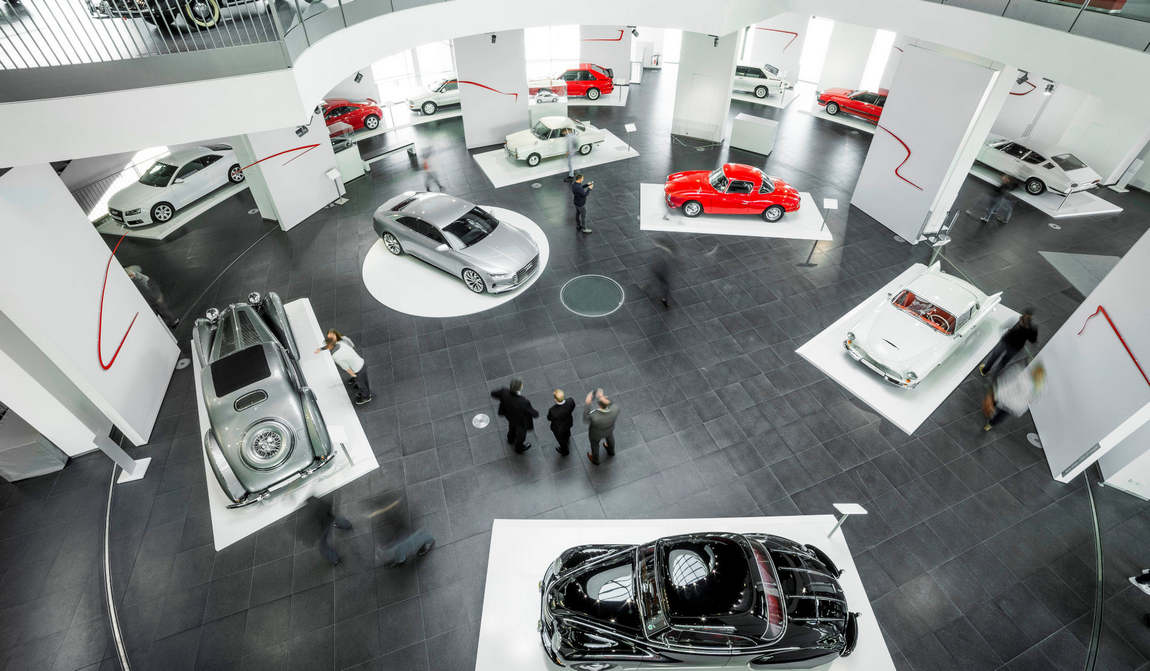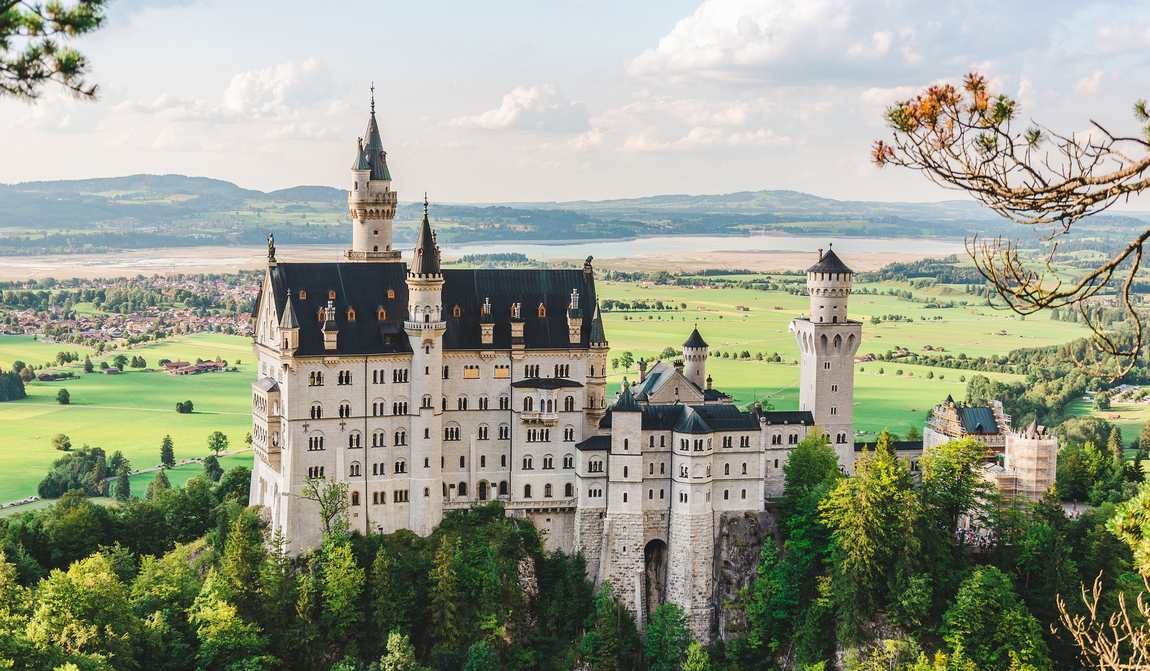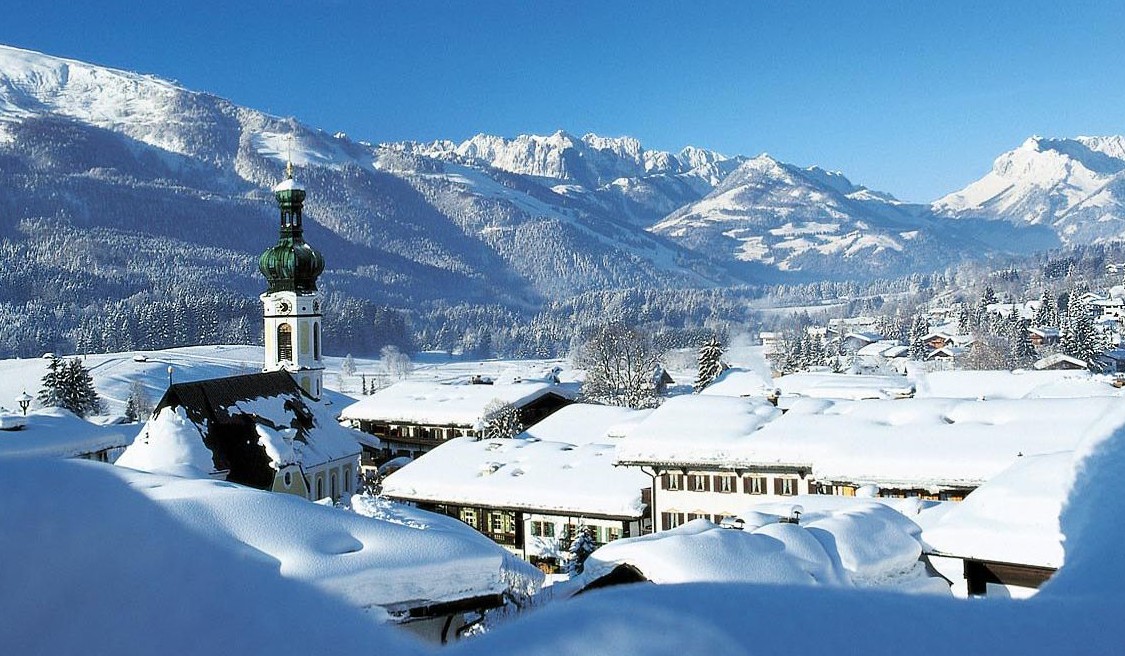Germany is firmly on the tourist map: Central Europe's largest country attracts city lovers, ski enthusiasts and those seeking a quiet but respectable holiday in the heart of nature.
Everyone has their own positive associations with the country. Some will remember the great Germans: composers, artists, writers and philosophers. Others will appreciate the country's advanced economy and low crime rate. German motorways and cars will certainly come to mind. German precision and punctuality will also come to mind. Finally, there is the beer and sausages so beloved of its people, as well as football.
To confirm the validity of these accolades, we would like to describe another important part of the travel component that many parents are interested in — holidays in Germany with children. Kidpassage has researched information on the best museums and theme parks, the most important cities and resorts, winter and summer holidays and can confidently say that family holidays in Germany are unbelievably good.
Where is Germany located?
The Federal Republic of Germany is in central Europe. The northern coast of the FRG is washed by the Baltic Sea and the North Sea. The southern part is crossed by the mountain ranges of the Alps.
The country borders Denmark to the north, Poland and the Czech Republic to the east, Austria and Switzerland to the south and the Benelux countries to the west. Germany covers an area of 357 thousand square kilometres and has a population of over 80 million. The capital is Berlin.The Schengen Agreement applies to Germany and EU citizens can travel to Germany without a visa.
Germany for Kids
A family holiday in Germany has many advantages and a few disadvantages. The pros are nice to talk about, the cons are also necessary: you have to travel prepared.

Above all, Germany is a comfortable place to be with a child of any age. If you're travelling with a toddler, you'll appreciate public transport that's easy to get on with a pushchair, and changing tables in all public toilets.
If you're travelling with a restless toddler, you'll appreciate the number of playgrounds and play areas in restaurants. Ski resorts have family holiday programmes that cater for the little ones as well as the grown-ups. Themed hotels for kids are rare in Germany, but there's little need for them. There is so much to see and do outside the hotel that travellers only return to their rooms to sleep.
Service in hotels is a definite plus. Whether it is a luxury or budget hotel, guests are surrounded by care. Families with young children can expect to find everything they need to care for their baby (just be aware that many services are available on request).
A big plus is the excursion and entertainment programme. Germany has special museums, quests, amusement parks, water parks, zoos — you name it.
But you can't see everything at once, because the attractions are spread all over the country. But even if you stay in one of the big cities, you will spend at least a week with its museums and entertainment.
A nice bonus is that you can visit Germany with children all year round. Skiing and tobogganing, mountains and lakes, walks and excursions can be combined in any proportion and the results are just as wonderful.
The weather is not always kind to tourists — it rains a lot in the summer and there is a cold, wet wind blowing in the winter. But holiday plans here are very varied. You can spend a beautiful day outdoors or hide from the rain in museums. And the acclimatisation goes unnoticed, which is a definite plus.
One more nuance: traditional German cuisine seems heavy and not suitable for children. Indeed, there are some things that only a well-trained stomach can digest. On closer inspection, however, it turns out that there are many German dishes that are suitable for children and, above all, that they like them.
Best time to travel to Germany

The tourist season in Germany can be described as follows: December to April — winter high season, May to September — summer high season. The country is flooded at all times of the year with tourists wanting excursions, mountains, festivals, sausages and beer. Peak season is Christmas Eve and July and August, the holiday season. So how do you find the right time to take your child on holiday?
The best time for a family holiday is in the summer. It can be as varied as you like: city trips, hiking in the mountains and trips to lakes.
If you can, plan your trip for September. In early autumn, the crowds dwindle and the weather, although cool, is pleasant with clear skies and no rain.
However, the bathing season in Germany is very short and the lakes are only open for swimming in July and August. But in the second half of the summer, the water gets as warm as +23-25°C.
Skiers have their own answer to the question of when it is best to go to Germany: certainly in December, when the mountains are covered with snow. To enjoy skiing, we recommend visiting the ski resorts in the second half of January — March to avoid the holiday crowds and take advantage of the good snow cover.
Winter holidays in the cities are best planned for December. In the run-up to Christmas, there are colourful, fun Christmas markets in the main squares, with lots of fun and treats for children throughout the month.

April and May as well as September are good times to visit Germany with a young child — the cooler, more temperate seasons are ideal for a relaxing holiday.
Weather and climate
Germany's climate is typical of central Europe: summers are not too hot and rainy, winters are mild and often snow-free. This average characteristic has its own nuances: Summers are warm enough for sunbathing on Germany's southern lakes, while winters are quite snowy in the mountains, to the delight of mountain skiing enthusiasts.
The term 'holiday season in Germany' is interpreted differently by everyone. When it comes to holidays in ski resorts, December and March are the best months for recreation.
During this time, there is a lot of snow in the mountains and the temperature stays at +1-4°C during the day and -2-6°C at night. In April, the snow melts when temperatures reach 11-12°C, and May is the start of the alpine trekking season or complete relaxation away from the hustle and bustle of the cities.
From May to September, temperatures in the mountains range from +19-24°C, but at night the thermometer drops to +8-12°C. If you want to spend your holiday in Germany in the city, summer is the high season.
The average temperature during the summer months is +20-25°C. However, it is worth checking the weather forecast before travelling: it can be hot as high as +30°C or cold as low as +15°C. It often rains in May and August, so an umbrella and suitable footwear are essential.
The weather in September is also good for excursions. It cools down to 16-20°C, but the days are sunny and there's little rain. The weather starts to get colder in October, with temperatures dropping to freezing in winter. But if you want to see Germany in all its festive glory, it's time to hit the Christmas markets.
Many tourists say that a December holiday is the best holiday in Germany with children — just be careful not to let your clothes blow away: the cold wind will chill you to the bone even if there is no frost. Winter temperatures range from -3°C to +3°C and last until March. Temperatures don't get much warmer until mid-April and don't reach +18-19°C until May.
Cuisine

German cuisine, tourists think, is not suitable for baby food. This is partly true: no one will offer you knuckle of pork with sauerkraut, spicy currywurst sausages or Mett - raw minced meat with salt and pepper.
On the other hand, native German dishes include Kartoffelpuffer (potato pancakes), Flammkuchen (pizza-style pancakes), Klopse (soft meatballs), and Eier im Nest (scrambled eggs with potatoes and herbs) — a meal suitable for children. Teenagers can be offered all kinds of sausages, a lentil soup with potatoes, vegetables, and sausages and a crispy pork knuckle (Schweinshaxe).
Traditional German meals are hearty, the portions in restaurants are substantial and you must somehow manage to leave room for dessert.
Berliners doughnuts and Rohrnudeln can be eaten on the street, but Frankfurter Kranz and Prinzregententorte cakes are better enjoyed at a café table. If you prefer to cook for yourself, check the opening times of grocery shops. Smaller shops may close at 17:00-18:00, supermarkets at 19:00-22:00 and even earlier on Saturdays. All shops are closed on Sundays.
Getting Around
Public transport in Germany is the epitome of German punctuality. The U-Bahn, S-Bahn, trams and buses all arrive exactly when they are supposed to, and only in Baden-Baden are they scolded for being a few minutes late.

Service interruptions are short, and even a night-time disruption will not last more than 3-4 hours (and there are usually several night-time bus services).
A single ticket is valid for all public transport in Germany. The cost varies depending on the length of the journey and the area covered.
The minimum ticket costs €2.80-2.90 for adults and €1.40-1.70 for children aged 6-14. If you travel frequently during the day, it is a good idea to buy a day pass, which costs less per journey than individual tickets.
In Germany's major cities, there are tourist cards that give you free travel on public transport and discounts on museums. For example, the Berlin WelcomeCard, which is valid for 48 hours, costs €25 and is good for one adult and three children aged 6 to 14.
Trains are very convenient for travelling around Germany. If you are travelling within the same federal state, it is a good idea to buy a regional ticket. This gives you free travel on regional trains and public transport.

After much discussion, the federal and state governments approved a single nationwide ticket for 49 euros on 02 November 2022. This is a cheap ticket for local and other transport.
Short information about the €49 ticket
- The ticket is available as a season ticket, but the subscription can be cancelled any month.
- It is a named season ticket and cannot be transferred to another person.
- It is valid from 2023 (starting date: 1 May 2023).
- Travel on long-distance trains and buses is not included in the subscription.
Regional tickets. There are 13 of them, e.g. Bayern Ticket, SchönerTag Ticket NRW, Niedersachsen Ticket, which includes Bremen and Hamburg, and so on.
They are valid for travel within the same state. However, some tickets also allow you to travel to neighbouring countries/states. For example, a Bayern Ticket allows you to travel to Salzburg.
The cost of the ticket depends on the number of people travelling. You can travel with between 1 and 5 passengers. Some tickets have a fixed price. The Brandenburg-Berlin ticket costs €33. Up to 5 adults + 3 children aged 6-14 travel free.
These tickets are usually valid for one day. On weekdays from 9am to 3am the next day. And on weekends and public holidays from midnight to 3am the next day.
Make sure you check which transport your ticket is valid for. It is usually valid on all regional transport — buses, metro, trams, commuter and regional trains. Private buses and high-speed trains — EC, ICE, etc. — are excluded. But sometimes there are restrictions on normal buses too. For example, the Schleswig-Holstein ticket is NOT valid on buses. And in Hamburg you can only use it in the AB zones.
The bus network is not as well developed as the rail network. However, in smaller towns and mountainous regions, buses are the most common means of transport. Travellers who prefer the car to all other modes of transport often rent a car in Germany.
The quality of German roads doesn't need to be advertised, but it is necessary to pay attention to the traffic rules: the fine for speeding can be up to €680, for not wearing a seatbelt - €30, for breaking rules of child transportation — €70. You can only park your car in car parks (usually paid).
 [email protected]
[email protected]


